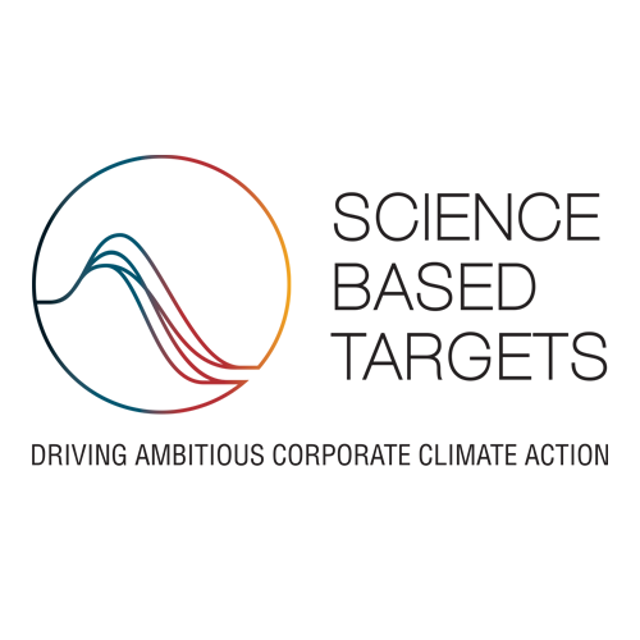Revolutionising care for planet
Acknowledging the environmental impact that delivering healthcare services has on the planet, we are on a mission to help healthcare systems minimise that impact. We fully support the objectives of the Paris Agreement on climate change and our commitment is to reach Net Zero by 2050 at the latest, decoupling resource use from our growth while developing a culture of care for material value.
-
Our efforts to mitigate climate change take into account the nature of our business, as well as relevant international conventions such as the United Nations Framework Convention on Climate Change (UNFCCC), the Paris Agreement and the ten principles of the UN Global Compact, the UN Sustainable Development Goal 13 on climate action, as well as the recommendations from the Task Force on Climate-related Financial Disclosure and the views of our stakeholders.
-

Decarbonised healthcare
We have committed to decarbonising healthcare by eliminating emissions across our value chains. By transforming our processes, strategic collaborations with partners, and leveraging cutting-edge solutions, we are charting a path towards a Net Zero future.

We've formalised our climate change mitigation efforts by publicly committing to the Science Based Targets Initiative (SBTi), and securing their validation of our near-term climate targets, as well as the Net Zero target. See below what targets got validated by SBTi.
Our SBTi validated targets
-
Scope 1 & 2 GHG emissions
Reduce absolute Scope 1 and 2 GHG emissions 50% by 2030 from a 2021 base year.
-
Renewable electricity
Increasing active annual sourcing of renewable electricity from 23% in 2021 to 100% by 2024 and continuing active annual sourcing of 100% renewable electricity through 2030.
-
Scope 3 GHG emissions
Reducing absolute Scope 3 GHG emissions from purchased goods and services (cat. 1), fuel and energy related activity (cat. 3), upstream transportation and distribution (cat. 4) and waste generated in operations (cat. 5) by 20% by 2028 from a 2021 base year.
-
Supplier engagement
Having 63% of our suppliers by emissions covering purchased goods and services (cat. 1) capital goods (cat. 2), and upstream transportation and distribution (cat. 4) committed to the Science Based Targets Initiative by 2028.
-
Net Zero target
Mölnlycke is committed to reducing absolute Scope 1 and 2 GHG emissions by 90% by 2050 compared to the 2021 base year and to reduce Scope 3 GHG emissions by 97% per tonne of sold product within the same timeframe.
Circular economy business models
Mölnlycke is committed to the transformation towards a circular economy by designing products intended to stay in circulation through processes such as recycling. Our approach aims to decouple economic growth from the consumption of finite resources, by prioritising sustainable innovation that benefits both our partners and the planet.
Sustainable healthcare solutions
Partnerships with healthcare providers to reduce medical device consumption are key to Mölnlycke’s transition towards circular economy business models. Through appropriate selection and optimised use of our products utilising their entire service life, we aim to minimise waste and improve resource efficiency.
Through design for circularity, we pioneer solutions with renewable materials certified with International Sustainability and Carbon Certification system (ISCC) and the Forestry Stewardship Council (FSC) certification. Our portfolio of renewable and recycled material solutions will continually expand.
By collaborating with stakeholders, Mölnlycke is leading the development of closed-loop systems that retain the value of resources in the healthcare system while reducing waste. These systems aim to maximise resource efficiency, ensuring that more patients can benefit from finite resources without deterioration in product quality or safety.
Zero waste
We are fostering a culture of care for material value by taking actionable steps to eliminate waste in our operations and reduce variable costs. By integrating sustainability into our operations, we focus on the right-first-time principle, prioritising material efficiency, and fostering a zero-waste mindset. We use resource productivity as a means to build pride in our teams. Across our value chain, we actively encourage and support waste reduction by delivering waste eliminating solutions to healthcare providers.